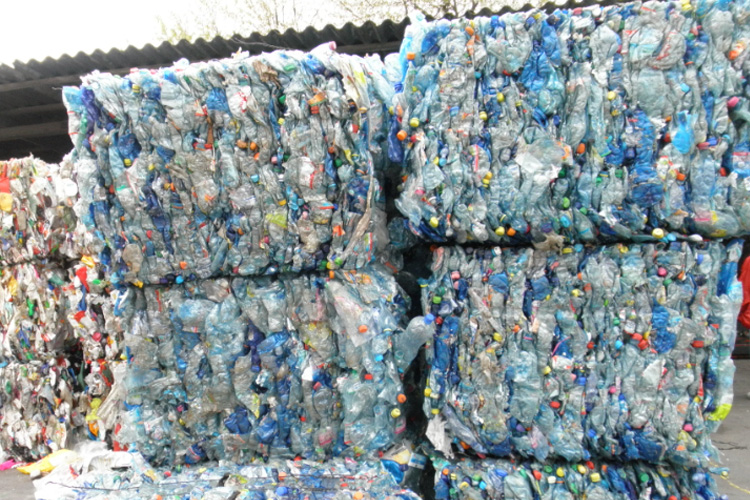
PET (Polyethylene Terephthalate) bottles have become ubiquitous in our modern world, serving as containers for various beverages, cleaning products, and more. However, their widespread use comes with environmental considerations that cannot be ignored.
Environmental Concerns:
1. Single-Use Culture: PET bottles are predominantly single-use items, contributing to the global issue of single-use plastic pollution. Once used, they often end up in landfills, incinerators, or as litter in natural environments.
2. Plastic Pollution: PET bottles are a significant contributor to plastic pollution in oceans, rivers, and other ecosystems. They break down into microplastics over time, posing threats to marine life and potentially entering the food chain.
3. Resource Depletion: PET production relies on non-renewable fossil fuels, contributing to carbon emissions and resource depletion. The extraction of raw materials for PET production further impacts ecosystems and communities.
4. Limited Recycling Rates: While PET bottles are technically recyclable, recycling rates remain relatively low globally due to inadequate infrastructure, consumer behavior, and economic factors. Improving recycling rates is crucial for mitigating their environmental impact.
Sustainable Solutions:
1. Reduce and Reuse: Encouraging the reduction of single-use PET bottle consumption through initiatives such as reusable water bottles, refill stations, and bulk purchasing can significantly decrease environmental harm.
2. Recycling Infrastructure: Investing in improved recycling infrastructure, public awareness campaigns, and incentivizing recycling programs can enhance PET bottle recycling rates and circularity.
3. Alternative Materials: Exploring and promoting alternatives to PET bottles, such as biodegradable plastics, plant-based materials, or innovative packaging solutions, can reduce reliance on fossil fuels and mitigate environmental impacts.
4. Extended Producer Responsibility (EPR): Implementing policies that hold manufacturers accountable for the lifecycle of their products, including collection, recycling, and disposal, can incentivize sustainable practices and reduce environmental harm.
PET bottles play a significant role in modern consumer culture but come with considerable environmental consequences. Addressing these issues requires concerted efforts from governments, industries, and consumers to promote sustainable alternatives, improve recycling infrastructure, and reduce plastic pollution. By adopting holistic approaches, we can minimize the environmental footprint of PET bottles and move towards a more sustainable future.
